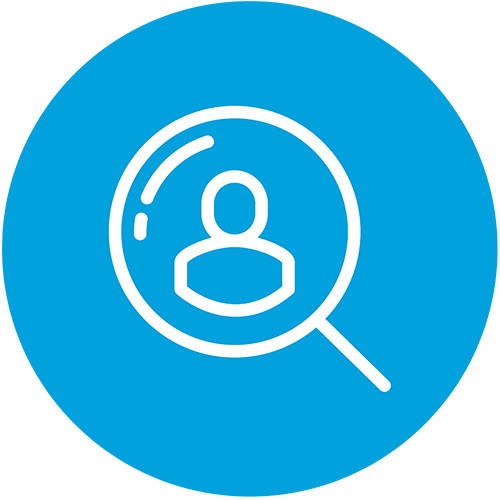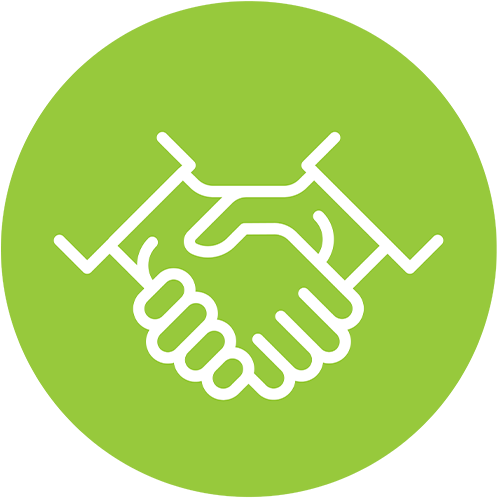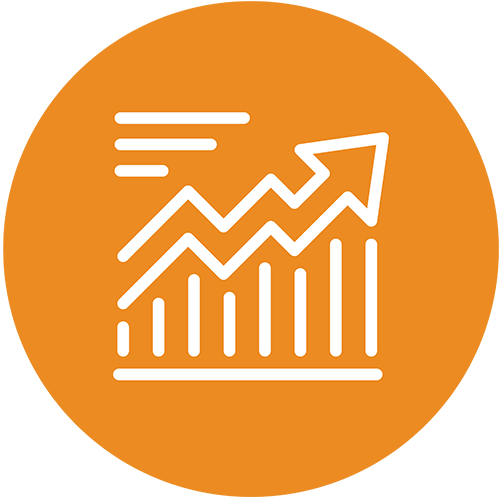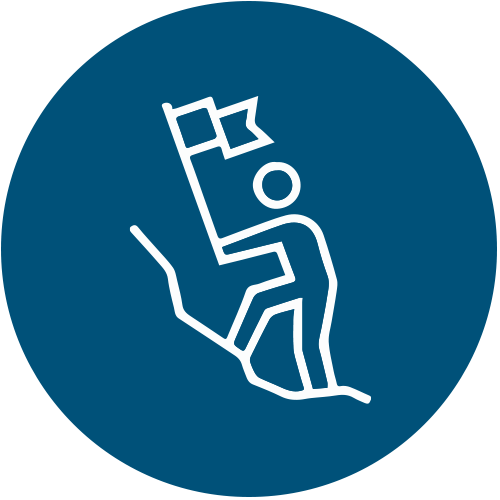
PD 2020 The Future of Giving Bundle
-
Register
- Non-member - $350
- Professional Member - Free!
- Associate Member - $215
Purchase this bundle for five educational recordings from the Prospect Development Virtual Experience 2020 around the future of giving.
- Philanthropic LLCs: the future of giving
- AI and Big Data: Leveraging Generosity In The Post-Modern Age
- A New Hope?: Cryptocurrencies in Philanthropy
- A Social Network: A Pipeline for Future Campaigns
- DIY D&I: Diversifying Your Board, Your Constituent Base, and Your Research Office
-
Contains 1 Component(s) Recorded On: 09/22/2020
Philanthropic LLCs are becoming more and more common, but what exactly are these entities and how do they differ from traditional ways of giving? This session will cover the differences between Philanthropic LLCs and foundations, and will provide information on how to find the giving history of these up-and-coming organizations.
-
Contains 1 Component(s) Recorded On: 09/18/2020
Does AI-enabled methodologies, Machine Learning, Deep Learning or Big Data scare you? Are you afraid to ask questions you think only you have? This session will dive head first into the limitless sandbox of AI, Big Data, Machine Learning, and Deep Learning. Furthermore, the session will address the unique differences between these specific fields and how The Futurus Group is utilizing these approaches to work with non-profits to change the way fundraisers and Prospect Development professionals view potential prospects, generosity, donor gratitude, and the future of philanthropy.
-
Contains 1 Component(s) Recorded On: 09/16/2020
When people think of cryptocurrencies, they think of volatility and data leaks, not philanthropy. But organizations in the US and the world are accepting cryptocurrencies and even creating their own. With the rise in new cryptocurrencies each month, it appears that the e-currency may not be a passing fad. This session will give an overview of what cryptocurrencies are and how they relate to fundraising. The session will explore best practices and ethics, talk about donor profiles, and more to help prospect developers get better acquainted with this new area of philanthropy.
-
Contains 1 Component(s) Recorded On: 09/17/2020
Annual giving programs face the challenge of being effectively incorporated into a major gift pipeline. In particular, donors who do not qualify based on capacity are sent to stewardship or taken out of the pipeline altogether. This applies to a younger demographic (Millennials) of recent graduates who want to remain connected to their alma mater but are not identified as major giving prospects. At Santa Clara University, we have created a Social Network to better engage our Young Alumni with the aim of increasing affinity and creating habit of investment in the institution. This Digital Space will provide a means of testing the effectiveness of university content, events and other offerings that resonate with a Millennial audience. This exchange will accomplish three objectives: 1. The creation of a machine learning algorithm to measure millennial engagement 2. Establishment of a protocols to better generate resonance between millennials and a brand (alma mater) 3. Identification of the varied personas represented within the millennial population, their role and network influence. Our findings will measure the interaction and engagement between our Leadership Annual Giving Team and a group of at least 200 young alumni through a member-only and advocate led alumni chapter. Eventually, this longer term pipeline could eventually fill major gift portfolios when the wealth capacity threshold has been met. Ultimately, we will be able to understand what brands are likely to resonate most with a Millennial population in general.
-
Contains 1 Component(s) Recorded On: 09/18/2020
The development industry today, much like America itself, is at a crossroads regarding diversity and inclusion. Although a considerable number of organizations are genuinely committed to promoting equity and social justice, many of those same organizations turn primarily to straight, White, cisgender men for principal gifts and trustee nominations. This session will explore the historical and economic factors that cause the board rooms of today to resemble the board rooms of yesterday, and will examine solutions to bring more people from diverse backgrounds into the office, and ultimately into the board room of the future.




